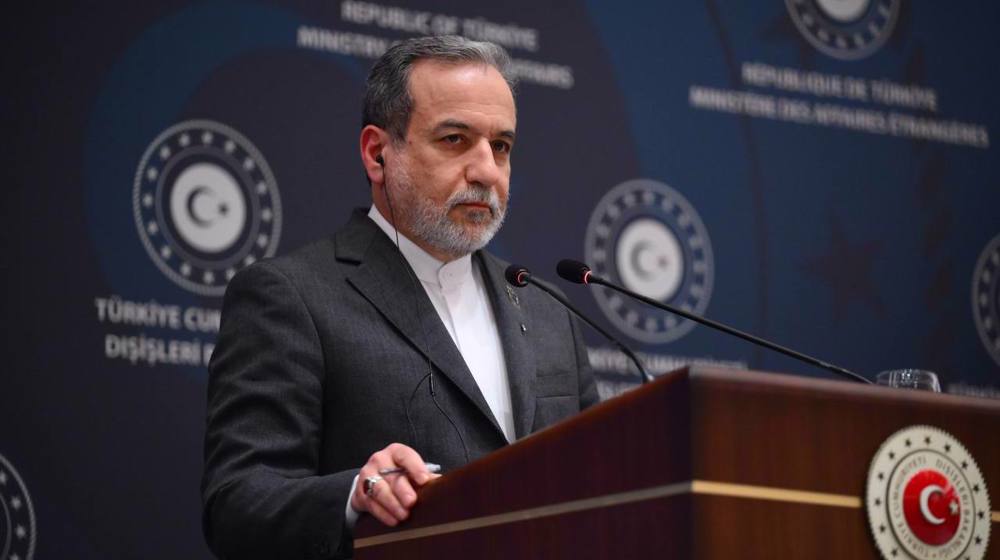Ankara to submit proposals for constitutional changes 'very soon'
The Turkish government says it will "very soon" submit proposals to the parliament for constitutional changes that will bolster the powers of President Recep Tayyip Erdogan, a controversial move that has drawn criticism.
Prime Minister Binali Yildirim told a meeting of the ruling Justice and Development Party (AKP) on Tuesday that the changes were needed to "eliminate confusion from the system."
"The necessary constitutional changes offered by the AKP will be offered to parliament very soon," Yildirim said.
The AKP, which currently has 317 seats in the parliament, needs a majority of 330 out of the 550 seats to call a referendum.
Chances of such a majority increased on Tuesday, when Devlet Bahceli, the leader of the Nationalist Movement Party, also known as the MHP, whose party has 40 seats, gave his strongest signal yet that he could back such a referendum.
The support by the MHP, the fourth party in the parliament by seats, would be enough to allow the referendum to go ahead even if it is opposed by the secular Republican People's Party (CHP) and the pro-Kurdish Peoples' Democratic Party (HDP).
The ruling party needs to gain 367 seats, or two-thirds of the parliament, to easily push for constitutional changes to increase the powers of the president without popular vote.

President Erdogan, who was elected in August 2014 after over 11 years of serving as prime minister, was confident before the election that he could transform Turkey into a presidential republic.
AKP officials say the constitutional changes are needed to legalize the president becoming the country's number one executive figure.
Critics say giving sweeping powers to the president could push the country into an autocracy under Erdogan.
Erdogan has also ridiculed complaints that the changes will make him a dictator, saying presidential systems exist in France and the United States.

The Turkish government has sought a presidential system more seriously since July 15, when the country crushed a coup attempt, consolidating Erdogan's power and popularity.
The coup has been followed by mass suspensions and dismissals from the public sector of people speculated to have had a role in the coup attempt.
Mass shootings at school, home in Canada leave 10 dead, including shooter
Millions in streets across Iran for Islamic Revolution anniversary marches
#IR47: How Iran’s martyred commanders found faith, purpose and mission in Islamic Revolution
#IR47: Long walk to freedom - Imam Khomeini and the Iranian nation’s epoch-making moment
VIDEO | Tehran conference examines Islamic Revolution’s enduring role in shaping global resistance
VIDEO | Gazans say Israel seeks permanent military presence
VIDEO | UK PM faces call to quit over his US ambassador’s links to Epstein
VIDEO | Press TV's news headlines










 This makes it easy to access the Press TV website
This makes it easy to access the Press TV website